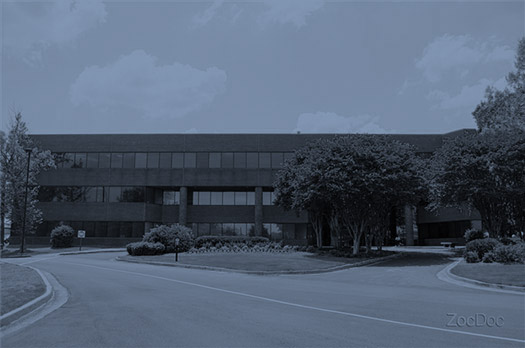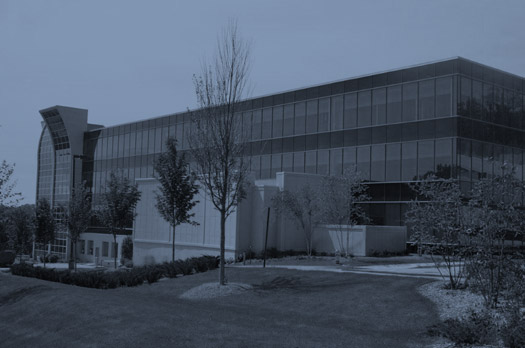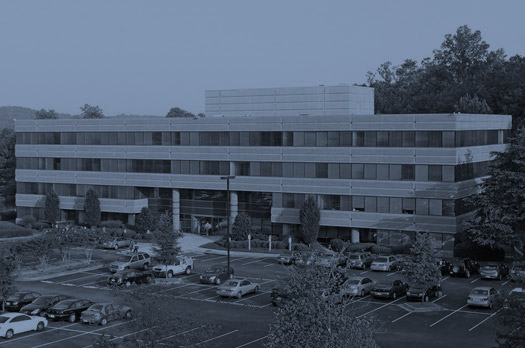Colonoscopy Overview
Colonoscopy is a careful viewing of the lining of the colon on a high def video monitor performed by insertion of a thin flexible tube with a tiny video camera on its tip while the patient is asleep or deeply sedated. By passing instruments through the scope, benign growths called polyps, which may sometimes turn into colon cancer, can be removed, and areas of the colon that we want more information about, can be further examined under a microscope by painlessly removing tiny bits of tissue for biopsies.
Colonoscopy is often very useful to help us answer questions about the cause of blood in the stools, iron deficiency anemia, chronic diarrhea, and certain other symptoms. But, most colonoscopies nowadays are not done to investigate symptoms. In fact, they are performed for individuals who have NO symptoms related to the colon. These are referred to as “screening colonoscopies.”
Screening Colonoscopies
A screening colonoscopy is performed solely for the purpose of screening asymptomatic persons by searching for early stage colorectal cancers before they cause symptoms, and, importantly, for colon polyps, benign growths which might give rise to a colon cancer if allowed to continue to grow in the colon. When found during a colonoscopy, these polyps are removed at the same time they are discovered, thereby preventing their potential transformation into a colorectal cancer at some future time.
For those in whom an early cancer is actually found during the screening colonoscopy, the likelihood of cure is far greater than it would be if the diagnosis were delayed until these cancers were established enough to cause rectal bleeding, a change in bowel habits, or other symptoms. Because of the proven effectiveness of screening colonoscopy for the prevention of death from colorectal cancer, coupled with the recognition that colorectal cancer occurs in one in 18 Americans in a lifetime, a broad consensus of leading physician groups representing gastroenterologists, cancer medicine specialists, and public health specialists agree that, with rare exceptions due to the presence of other illnesses, everyone without particular "risk factors" for colorectal cancer should have a screening colonoscopy at age 45, and, if no adenomatous polyps are removed, surveillance colonoscopies should be continued at ten year intervals thereafter, until the age of 75.
If polyps of the type called tubular adenomas are found and removed from an individual, that person should have colonoscopies repeated at intervals of three-to-five years, depending upon the number, size, and other specific features of the polyps that were removed.
Because of the higher incidence of colorectal cancer in African-Americans, this group has always began screening at age 45, rather than the prior recommended age of 50. However, since colorectal cancer is now being seen at younger ages overall, the new screening age for average risk individuals has since been changed to 45 regardless of race. If an individual has had a parent, sibling or child who has been diagnosed with colorectal cancer, screening colonoscopies should begin at age forty, and, in certain cases, they may need to begin in one’s twenties or thirties. Typically, the screening would be 10 years prior to when the 1st degree relative was diagnosed with colorectal cancer or at age 45, whichever is earlier. Higher risk individuals are also screened more frequently at 3 to 5 year intervals.
For a more detailed understanding of the actual experience of colonoscopy, from your preparation to the hours following the procedure, you may view the video: "Colonoscopy: What Patients Can Expect."
What to Expect From Your Colonoscopy Procedure
Scheduling a Screening Colonoscopy
Click here for information on how to schedule your colonoscopy.
Fees for Colonoscopy: What You Need to Know
Click here to learn about the fees associated with the colonoscopy procedure.






